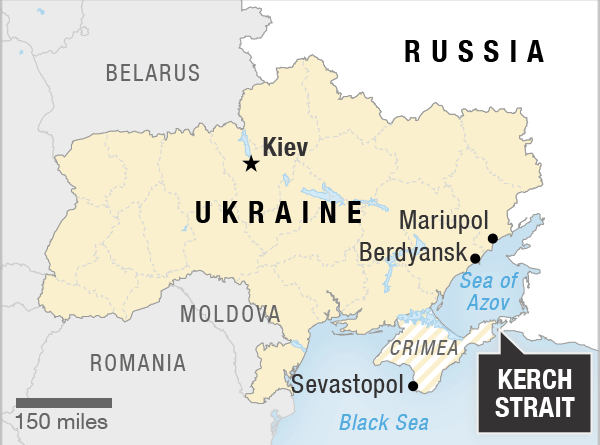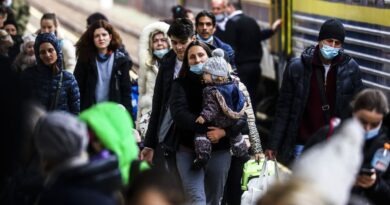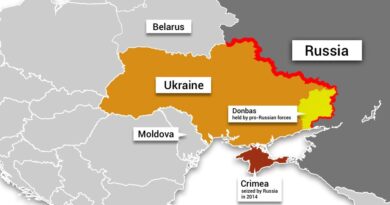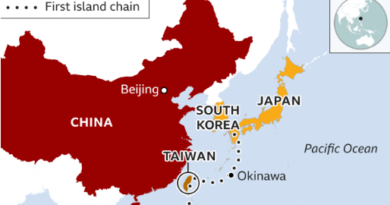Russia / Ukraine Border Conflict
Ukraine and Russia have long shared an intertwined history that has been littered with conflict and hostility, however after nearly three decades of relative peace between the two nations, they may once again be approaching war. In order to fully understand the tense relations between these two nations, we must first delve into their complex shared history. Ukraine has only recently been allowed to actually exist as its own independent entity, as the region now publicly known to be governed by the country was, for most of history, ruled by other sovereign powers (including Russia). It was only in 1991 with the dissolvement of the Soviet Union that Ukraine was finally able to establish itself as a real country, but it appears as though the current Russian president (Vladamir Putin), wishes to change that.
In early Dec. 2021, Russian forces began to assimilate in small numbers, with Russian officials stating that this was merely an exercise in national defense. This justification proved to be a falsehood when significantly higher quantities of soldiers began arriving at the border in early Jan. 2022, reaching numbers that were not excusable as “purely defensive.” With numbers exceeding 100,000 total soldiers, the international community began to become fearful that an actual invasion could be imminent.
Responses were quick, with several countries (including the US) threatening to implement sanctions against Russia should they attempt an attack on Ukraine. However, these threats have done little to dissuade the Russian advance, as the country continues to ship additional soldiers and supplies to the Ukrainian border, still offering the same excuse that they are purely defensive.
With war between Russia and Ukraine beginning to seem like an inevitability, the question of why Russia would sacrifice so much in order to invade this relatively insignificant nation becomes integral.
The answer to this question is layered in Ukraine’s history under Russia, and the strategic significance the nation holds in regards to NATO (North Atlantic Treaty Organization). NATO is a defensive military alliance based primarily in the northern hemisphere of the Atlantic, and was created in order to combat the looming threat of the Soviet Union in 1949. While the Soviet Union has long since dissolved, the primary sovereign state in the past “coalition” of countries was Russia, and tensions between this country and the whole of NATO have continued long since the Soviet Union collapsed.
Ukraine offers a direct geographical connection to multiple significant NATO nations, and would give Russia a far greater ability to threaten NATO as a whole should it be conquered. The second reason why Russia is attempting such a risky attack is the cultural connection between the two countries. Ukraine has traditionally been a part of Russia, and due to the abundance of ethnic Russians living in the territory as well as the number of important Russian cultural sites that it holds, Ukraine is considered by many to be an unofficial part of Russia. While many (Including Vladimir Putin) share this perspective, most Ukrainians do not see it this way and are begging for international aid against this foreign threat.
With so much tension and chaos building on the Ukraine-Russia border it is seemingly impossible to predict what will happen next, and we can only hope that this conflict can somehow be resolved without bloodshed.




